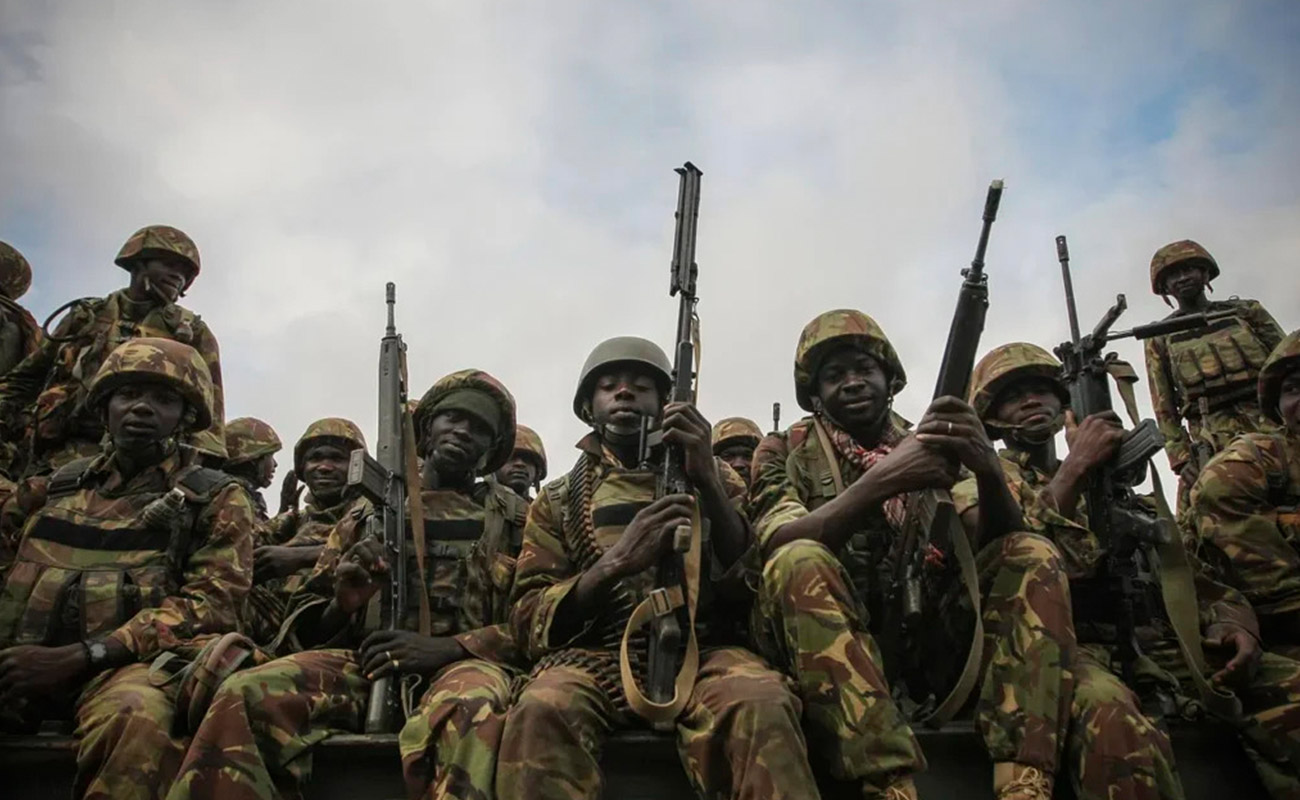
By Lauretta Jimba
Nigeria’s national security is consistently challenged by issues such as armed conflict, terrorism, and insurgency. Tackling these problems effectively requires more than just a robust military force; it requires strategic cooperation between the military and civilian sectors. Enhancing this partnership can lead to a more thorough and enduring solutions to Nigeria’s security concerns.
Operation Lafiya Dole, a military operation aimed at countering the Boko Haram insurgency in Borno State, northeastern Nigeria, has seen significant cooperation between the military and the Civilian Joint Task Force (CJTF). The CJTF Composed of local volunteers, has provided valuable intelligence and support to military operations, contributing to the success of counter-terrorism efforts in the region.
Another example is Operation Safe Corridor, an initiative providing a de-radicalization, rehabilitation, and reintegration program for repentant Boko Haram members. It includes collaboration between the military, various government agencies, and international organizations to provide psychological support, vocational training, and educational programs to ex-combatants.
The Multinational Joint Task Force (MNJTF) comprises troops from Nigeria, Chad, Cameroon, Niger, and Benin, working against Boko Haram and the Islamic State in West Africa Province (ISWAP). This cooperation includes coordination with civilian authorities and communities in the Lake Chad Basin to enhance security and intelligence sharing.
Various state governments in Nigeria have launched community policing initiatives, involving collaboration between local communities, traditional leaders, and law enforcement agencies. These initiatives aim to improve local security and build trust between communities and security forces.
Partnerships like those with the CJTF leverage local knowledge and networks and provides crucial intelligence that the military might not have access to. This collaboration has been vital in counter-terrorism efforts against Boko Haram. Initiatives involving local communities and leaders help in building trust and gaining community support. When civilians see the military as partners, they are more likely to cooperate and provide valuable information, leading to more effective security operations. By integrating civilian resources such as healthcare, education, and humanitarian aid, military operations can address not just immediate security threats but also underlying social and economic issues that contribute to instability.
However, effective implementation of cooperation frameworks is often hindered by bureaucratic delays and lack of resources. This can result in slow response times and inadequate support for joint initiatives. Despite efforts to build trust, there can still be significant mistrust and miscommunication between military and civilian entities. This can stem from historical grievances, differing organizational cultures, or past instances of abuse and misconduct by security forces. The effectiveness of military-civilian cooperation can vary widely depending on the region and the specific personnel involved. In some areas, cooperation may be robust and effective, while in others, it may be minimal or plagued by issues of corruption and inefficiency.
While there are laws and policies promoting cooperation, the lack of institutionalized structures and processes for regular coordination can limit the effectiveness of partnerships. Both military and civilian organizations often lack the necessary training and resources to engage in effective cooperation. Investing in capacity-building initiatives, such as joint training programs and cultural sensitivity workshops, is therefore essential for improving collaboration. Many initiatives focus on immediate security concerns without adequately addressing long-term stability and development. Sustainable security solutions require a holistic approach that includes economic development, social cohesion, and political inclusivity.
To improve these efforts, it is recommended to establish permanent joint task forces comprising military and civilian representatives to facilitate better coordination and ensure consistency in cooperation efforts. Implementing regular monitoring and evaluation of cooperation efforts will help assess their impact, identify areas for improvement, and refine strategies based on feedback from both military and civilian stakeholders. Increasing community involvement through security committees, awareness campaigns, and participation of local leaders in decision-making processes will also help in creating more sustainable and effective security solutions. Additionally, strengthening existing legal and policy frameworks to ensure they are robust, clear, and conducive to effective military-civilian cooperation is necessary. This includes addressing any gaps or ambiguities that may hinder implementation.
Addressing Nigeria’s national security issues will require strengthening collaboration between the armed forces and the civilian community. Therefore, Nigeria has the potential to create more sustainable and effective solutions by utilizing the assets of both sectors.
